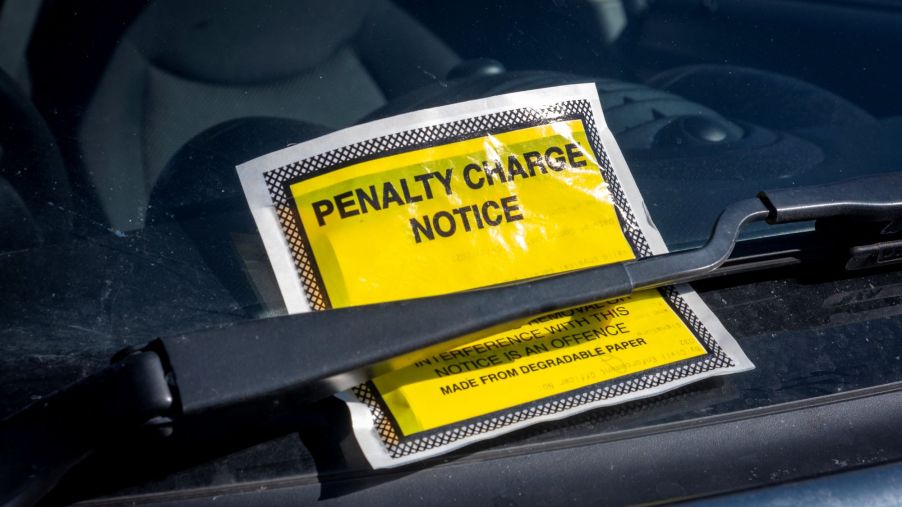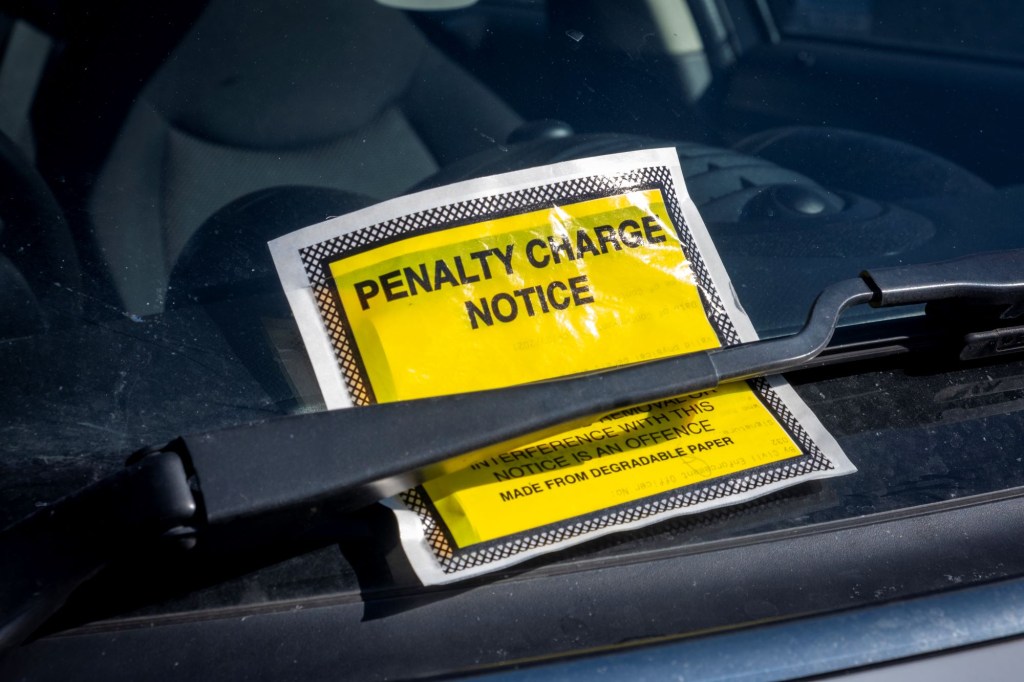
New York City Made $565 Million From Parking Violations in 1 Record-Breaking Year
It can be a painful hit to the wallet to get too many parking violations. However, payments of tickets can help provide funding for cities and towns across the United States. In a massive city like New York City, income from fines and fees can be staggering. Here’s a look at the record-breaking year of 2015 and how fewer cars on the road during the pandemic compared.
New York City had a record-breaking year for fines and fees in 2015

Bill de Blasio became New York City’s mayor in 2014 and introduced his Vision Zero campaign. The purpose was to eliminating traffic fatalities and serious injuries on the streets of New York. Increases in traffic fees and fines turned out to be a byproduct of this program.
In 2015, New York City collected $957 million in fines, a 7.5% increase from 2014. According to Intelligencer, the most significant part of those fines came from traffic and parking penalties. Office of the New York City Comptroller says the NYC parking tickets category brought in $565 million, which is more than 59% of the total $957 million in fines. The city brought in a total of $1.9 billion from fines and fees in 2015, including the fines to the additional $974 million in fees. Fines are for violations, while fees are for particular services.
What New York City made from parking violations in 2015
Fines are related to a variety of different offenses. Fines that increased in 2015 were for problems like littering, dirty sidewalks, and compliance with recycling. These quality-of-life issues brought in $150 million in 2015 and were the second-largest category after parking tickets.
The expansion of the traffic-camera program helped generate $77 million in fines in 2015, a 41% increase since 2012. In addition, parking ticket fines increased 10.3% in four years. However, 2008 saw the highest fines for parking tickets. Restaurant and small business fines for health violations were the only categories that saw fines decrease.
The pandemic brought a drop in parking violation fines in 2020
With record income from parking violations in 2015, how did 2020 look in light of the pandemic? In March 2020, at the start of the coronavirus (COVID-19) pandemic, New York City’s streets lost much of their traffic and suspended many of the parking rules. This led to a reduction in tickets and income from fines, says the Independent Budget Office of the City of New York.
However, although average daily New York City parking tickets decreased, summonses from speed camera violations jumped much higher. In the first three weeks of March 2020, New York City issued an average of approximately 51,600 parking and school zone speeding summonses daily during the week. Between March 23 and May 31, 2020, the average weekday, non-holiday parking, and school zone speeding summonses dropped to 26,571. During the same time in 2019, it had averaged about 38,400 summonses.
Between the end of March and the end of May, 77% of weekday violations were speed camera violations. That compares with 13.4% of weekday violations coming from speed cameras during the same time in 2019.
Fines from all parking summonses decreased 38% comparing March to May 2019 with March to May 2020. In that period in 2019, 2.8 million parking summonses were issued for $205.4 million. In 2020, 2.2 million parking summonses were issued for $138.3 million. A good portion of the decline in revenue is because street cleaning was suspended between March 18 and May 31, 2020, except for one week. Those related parking violations could have brought in $21.6 million.
A large city like New York City relies on income from fines and fees, but those totals change from year to year. In 2015, the city saw record totals from parking violations, but 2020 saw a significant drop due to pandemic-related changes.


